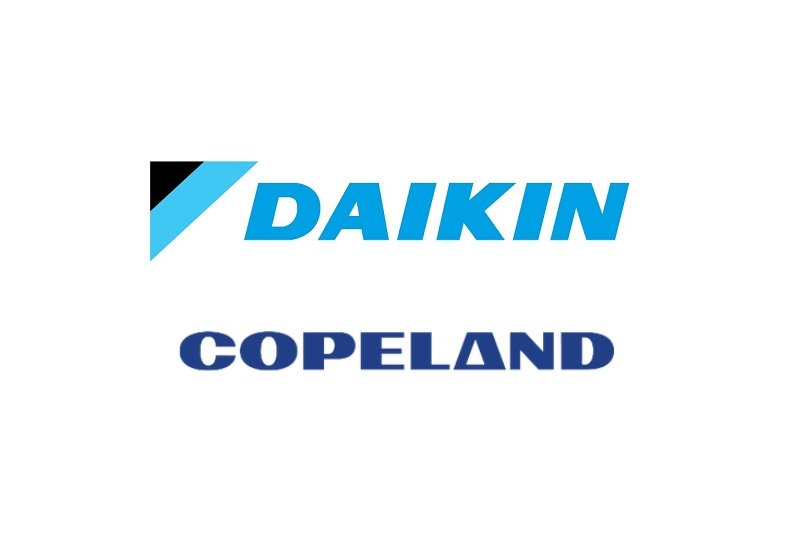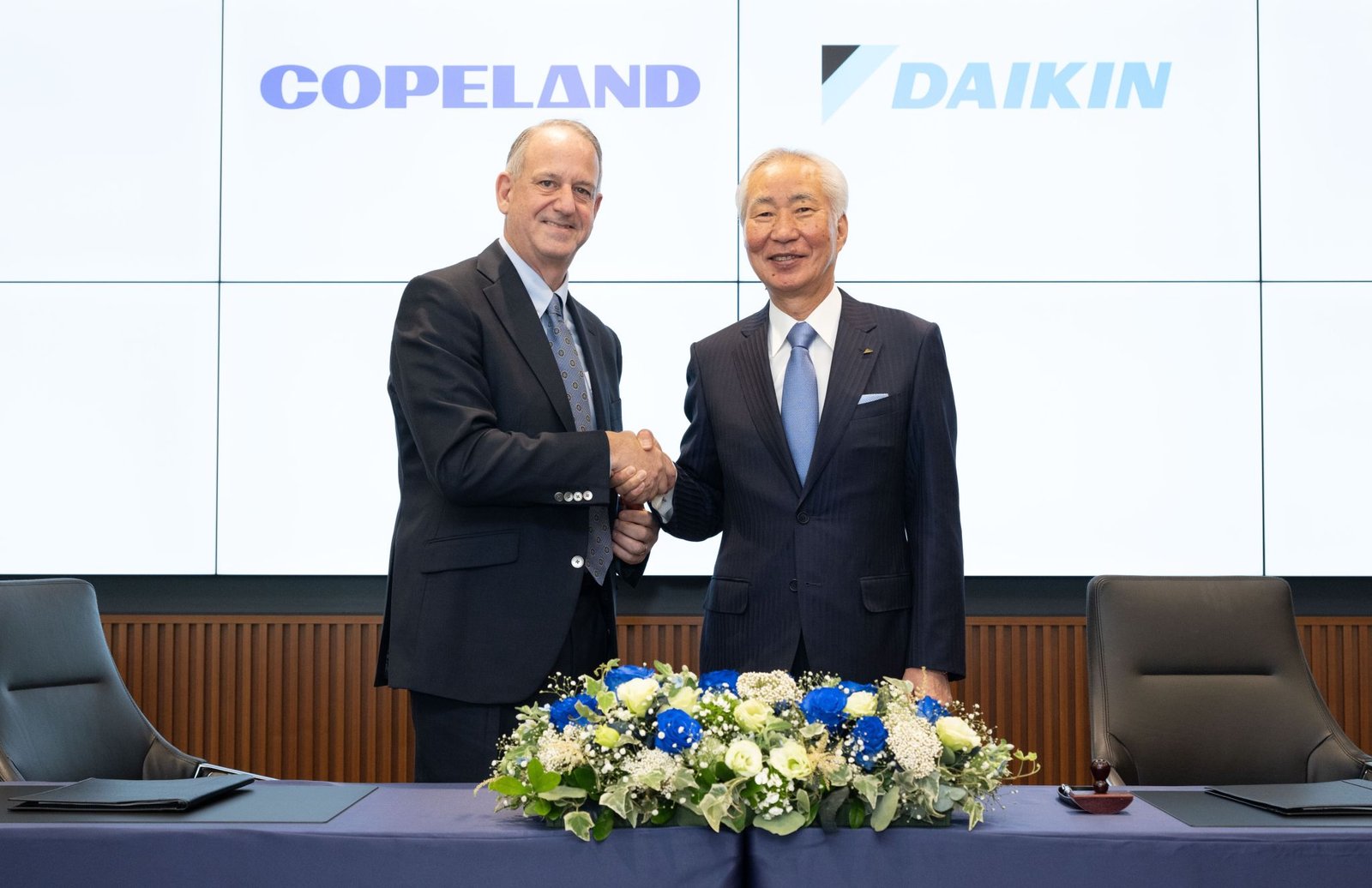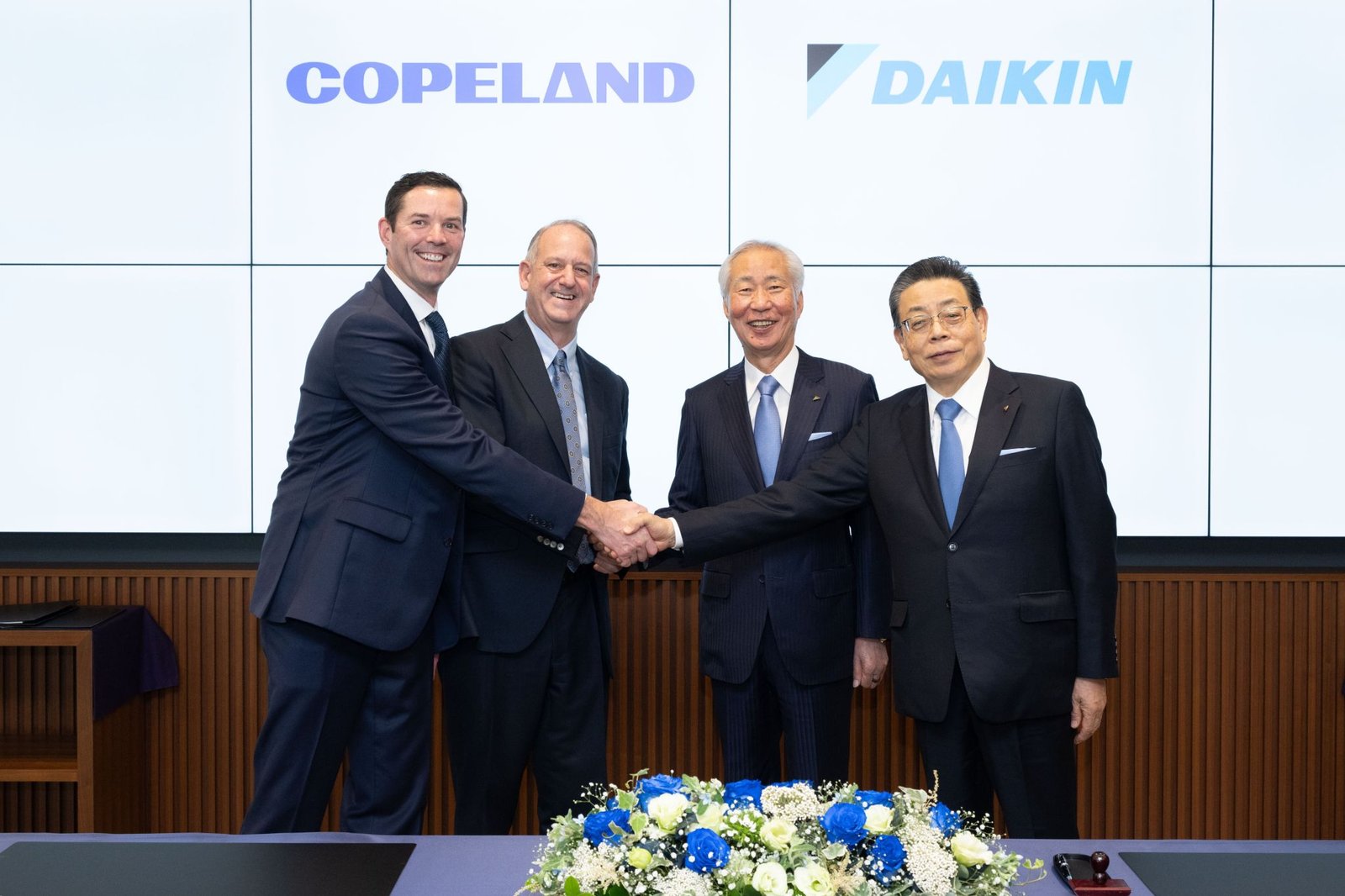Copeland and Daikin Partner to Bring Advanced Inverter Swing Rotary Compressors to U.S. Residential HVAC Market
In a move poised to transform the U.S. residential HVAC sector, Copeland and Daikin have announced a joint venture to introduce Daikin’s inverter swing rotary compressor technology to the U.S. market. This collaboration aims to accelerate the adoption of energy-efficient heat pumps, reduce carbon emissions, and meet evolving environmental and regulatory requirements.
The joint venture, expected to be operational by the first half of 2025 pending regulatory approvals, will leverage Copeland’s market leadership and technical expertise alongside Daikin’s proven inverter compressor technology, creating a robust framework for innovation and sustainability in residential HVAC solutions.
Key Highlights of the Partnership
Driving Energy Efficiency and Decarbonization
Daikin’s inverter swing rotary compressors offer exceptional energy efficiency by minimizing power consumption and enabling precise temperature control. This technology aligns with the growing demand for sustainable heating solutions as the market shifts from fossil fuels to heat pumps.
Expanding Copeland’s Product Portfolio
With this partnership, Copeland enhances its range of compressor technologies, catering to diverse customer needs in the U.S. residential HVAC market. This includes addressing demands for lower-GWP refrigerants and electrification in heating systems.
Initial and Long-Term Goals
- Initial Phase: Test samples of Daikin’s inverter compressors will be made available to Copeland’s U.S. customers for evaluation and swift adoption.
- Future Plans: The companies intend to establish a dedicated manufacturing facility in North America, ensuring reliable supply and scalability to meet growing market demand.
Aligning with Daikin’s Strategic Vision
The collaboration supports Daikin’s FUSION25 strategy, which emphasizes expanding its presence in the U.S. HVAC market. By introducing its inverter swing rotary compressors, Daikin aims to meet stringent energy-saving regulations and environmental policies, expected to intensify by 2031.
Sustainable and Value-Driven Solutions
This joint venture reflects a shared commitment to sustainability, offering high-performance, energy-efficient solutions that address both regulatory and environmental challenges. By combining Copeland’s extensive sales and service network with Daikin’s technological innovation, the partnership will make advanced inverter-based solutions accessible across the U.S. residential market.
Key Advantages of the Joint Venture
- Sustainable Heating Solutions: Provides reliable, high-efficiency compressors tailored to the decarbonization needs of the HVAC market.
- Expanded Product Range: Offers versatile solutions for diverse residential HVAC applications, particularly heat pumps.
- Future Manufacturing Capabilities: Plans to establish a regional manufacturing plant to ensure a stable supply chain and future scalability.
Industry Impact
With the HVAC industry increasingly focused on sustainability and electrification, this partnership comes at a critical juncture. Swing rotary compressor technology, known for its efficiency and reliability, is ideal for the growing residential heat pump market, making it a key driver in the transition to low-carbon heating systems.


